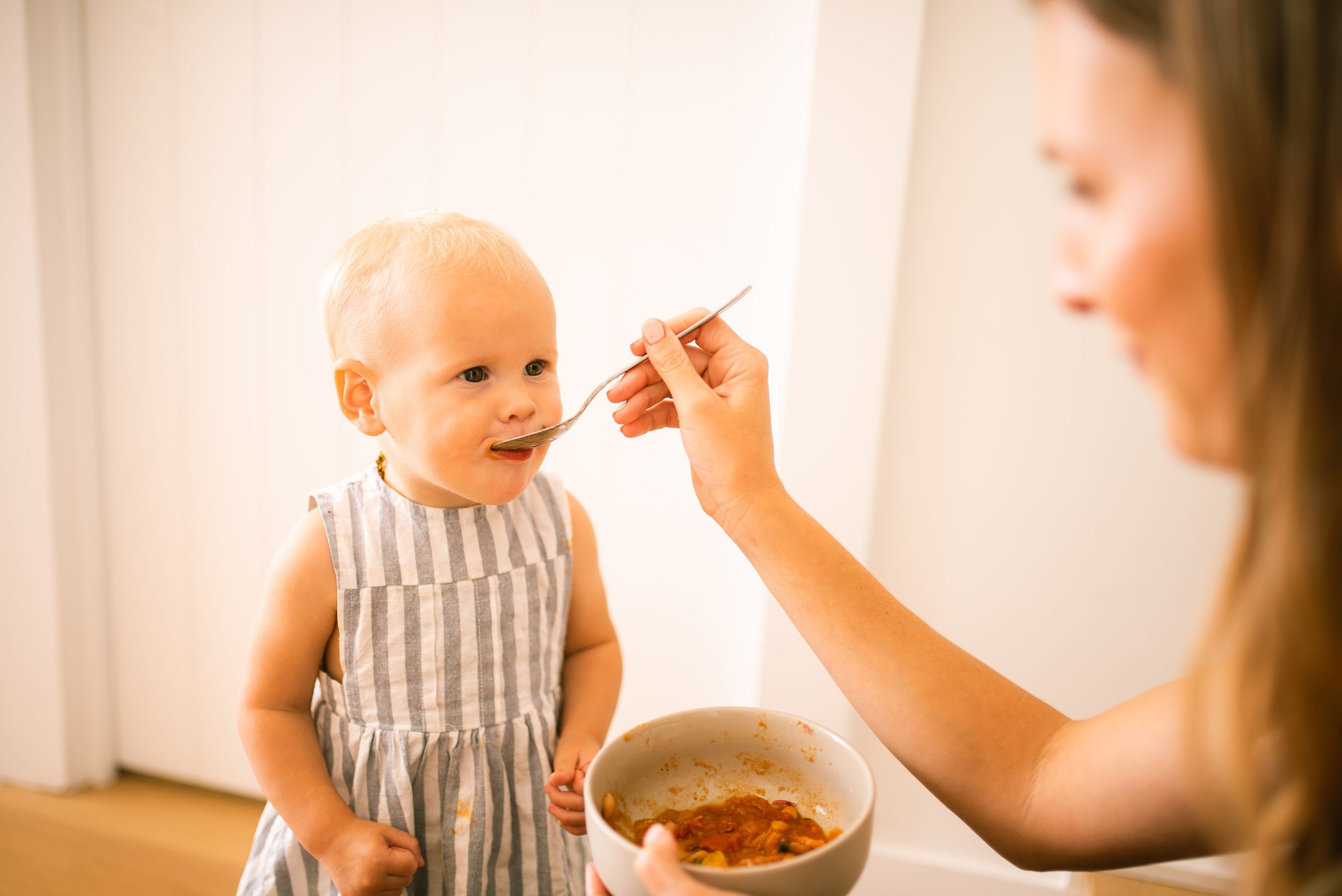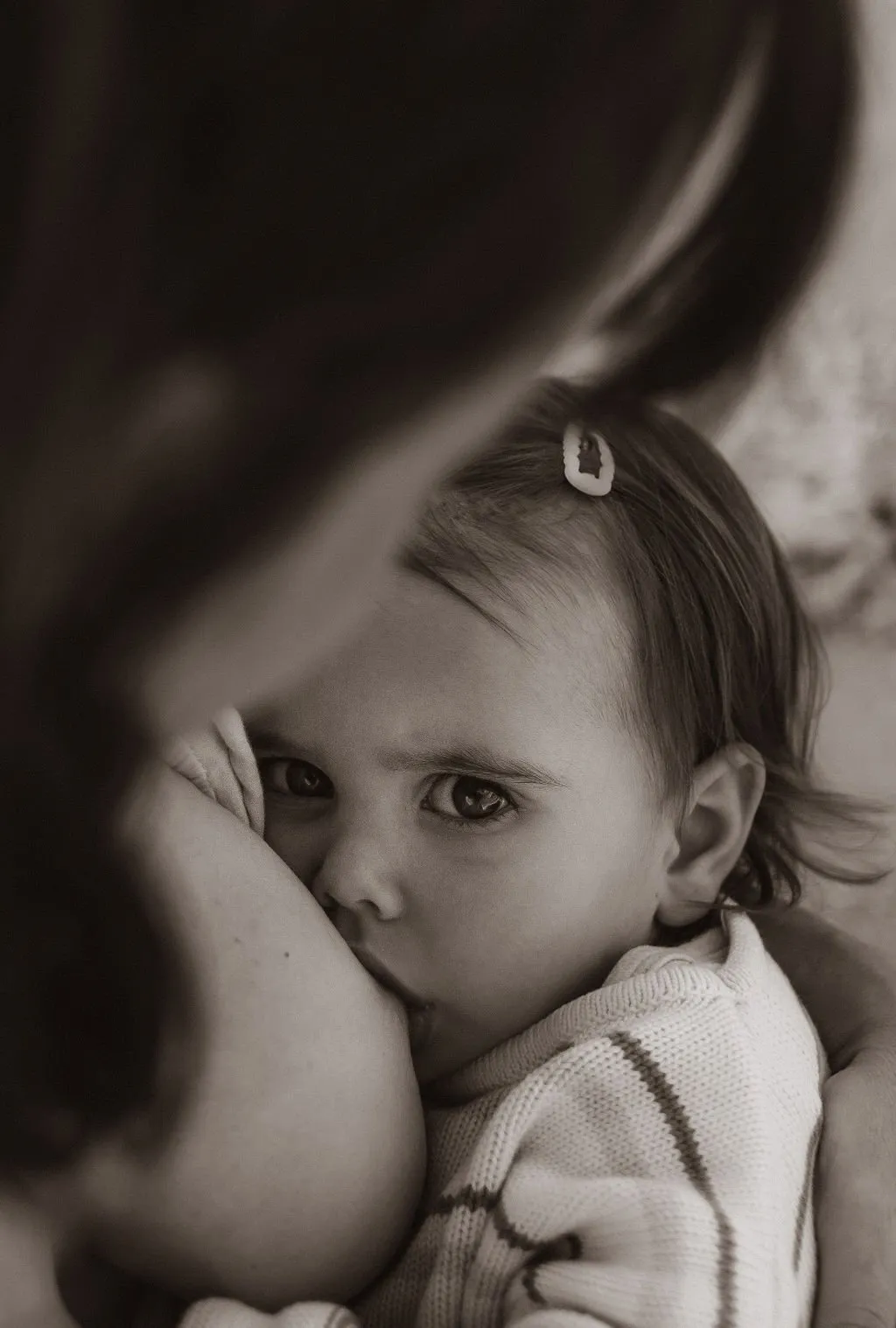It is so adorable when our little ones say words incorrectly (and you never want it to change!), but it can also be so frustrating for them when they can’t communicate effectively. And like so many topics when it comes to parenting, you might find yourself asking “is this normal?” – today’s guest has the answers.
Emily is a certified practicing speech pathologist working and living in the South West of WA. She has worked across hospital, community, disability and private sectors for the past 12 years and recently shifted gears to support parents in their communication and feeding journeys through her online space at Chomp n Chat. She is passionate about giving all children a voice and putting the joy back into the early years of raising healthy and happy little chompers and chatters. She is also a mum of her little girl, with twins on the way too!
In this podcast we chat to Emily about:
-
What is a speech pathologist and when you might seek help
-
The difference between speech and language, as well as non-verbal communication
-
Normal speech errors that kids might make, and when you might want to seek help
- Lisps and tongue ties
- and so much more!
You can connect with Emily on Instagram or her website
Here is some additional information that we mention in the episode or that may help with your little one’s speech:
- 12 months – 1 – 5 words
- 18 months – 10 to 50 words
- 24 months – 50 to 300 words
- 36 months – 250 to 1000 words
- 2 to 3 YEARS – p, b, d, t, m, n, h, w, y, ng
- 3.5 YEARS – k, g
- 4 to 4.5 YEARS – f, l, s, ch, sh, j, z
- 5 YEARS – r, zh, v
- 7 YEARS – th (voiced and voiceless)
- 18 months – 25% and 0-25%
- 24 months – 50-75% and 25-50%
- 3 years – 75-100% and 50-75%
- 4-5 years – 75-100% and 75-90%
- 5 years – 100%
- reacts to noises in the environment
- responds to people when they’re spoken to
- begins to take turns
- increased attention span
- improved joint attention
- plays appropriately with a variety of toys
- understands early words
- begins to follow simple instructions
- vocalises with intention
- emerging imitation (of actions, gestures, sounds and words)
- initiates interaction to get needs met
- Dear Zoo (you can model the animal sounds or look up their signs to encourage gesture)
- Baby Ways (a very simple book that little ones tend to LOVE!)
- Where is the Green Sheep
- “That’s not my” series
- The Hungry Caterpillar
Today’s episode was brought to you by Ancestral Nutrition. It may not surprise you that we at Boob to Food are a big fan of organ meats – but if you’re anything like Kate, you might love their nutrient density and theoretically want to eat them, but struggle to prepare or consume them in their natural form. Ancestral Nutrition have a range of grass fed beef organs which have been freeze dried to preserve their nutrients, while making it easy to add to just about any meal (or take as a capsule if you prefer!). We particularly love their beef spleen products, which are SO high in iron (11.5mg per serve) – making it perfect for pregnancy, postpartum, starting solids and more.
You can use the code BOOBTOFOOD for 15% off and free shipping. Visit ancestralnutrition.com.au to check out their full range.
Follow us on instagram @boobtofood to stay up to date with all the podcast news, recipes and other content that we bring to help make meal times and family life easier.




+ show comments
- Hide Comments
add a comment